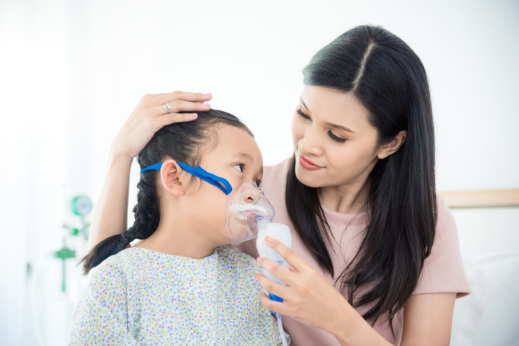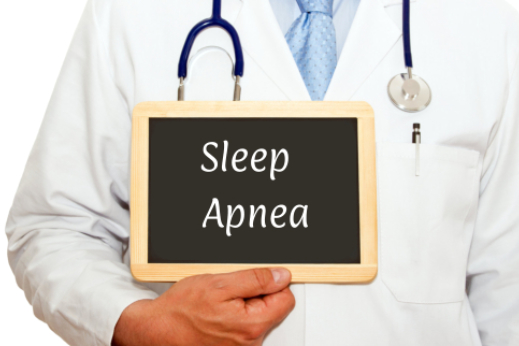
Children may require intensive health care at home after they have been hospitalized due to a medical condition. It is vital that you and other family members learn about the medical devices and equipment your child will depend on besides seeking help from a pediatric home health agency in Texas.
While different medical equipment may be needed for various medical conditions, some are commonly used equipment for children who need breathing assistance. Here is a list of some common medical equipment your child may need for breathing:
- OxygenSome children breathe okay on their own, while others may require extra oxygen either intermittently or all the time. They may receive oxygen from prongs in the nose or from a face mask. Keep oxygen away from flames, heaters, rubbing alcohol, spray cans, petroleum jelly, and smoking.
- VentilatorA ventilator, known also as a breathing machine, is attached to the tracheostomy tube, providing the child with continuous breathing support. The doctor will determine the settings for the ventilator, which include the size of breath, breathing rate, and amount of oxygen. All caregivers should be familiar with the settings. However, a skilled nursing provider can offer ventilator care.
- Pulse OximeterThis measures heart rate and the amount of oxygen in the blood. It is usually worn on a toe or a finger. You and other family members should know what your child’s normal readings are. You should also learn how to recognize a false alarm.
At Skillcare Health Services, Inc. Dba Caring At Home, our nurses make sure that your child will receive the proper care and assistance. For more information about our home health agency in

Sleep apnea is a sleep disorder characterized by a repeated stopping of your breathing. This disorder can be fatal since it blocks the airway by relaxing the throat muscles. This then travels down the throat, making it hard for the sleeping person to breathe.
It has three types: obstructive sleep apnea, central sleep apnea, and complex sleep apnea syndrome.
This sleep disorder does not choose any age. Sleep apnea can be experienced by both the young and old. That is why, as early as possible, it is best to look out for the symptoms of sleep apnea in your child and the elderly members of your family with the help of a home health agency in Plano, Texas.
Specifically, a pediatric home health agency in Texas can help identify whether your child’s symptoms are indicative of sleep apnea. Here are some signs you have to watch out for:
- Loud snoring during sleep.Although some people with sleep apnea do not snore, it is still important to consult a doctor after hearing your child snore loudly periodically.
- Sudden stopping of breathing while sleeping.This is caused by the lack of oxygen in the blood, which signals the brain to wake your child from his or her slumber. This sensation can cause your child to gasp for air while sleeping. There is also a high chance that your child will continue to have this episode throughout the night.
- Difficulty paying attention.Sleep apnea can trigger hypersomnia, a condition that causes the affected individual to sleep excessively. This leads to tiredness which may then result in a loss of focus and attention.
If you notice these signs in your child, do not hesitate to call Skillcare Health Services, Inc. Dba Caring At Home. Our skilled nursing can help manage your child’s condition.
, Texas, do not hesitate to contact us.
